Nigeria’s President Muhammadu Buhari has approved the much-anticipated electricity tariff increase effective from September 1st, 2020. This is according to a report in Thisday Newspaper.
The Nigerian Electricity Regulatory Commission (NERC) had approved service reflected tariffs for the electricity sector and was due to commence July 1, 2020 after it was initially postponed from April 1, 2020. However, this was suspended after reports indicated Electricity Distribution Companies, DisCos, had pushed for a postponement until key areas of disagreement are sorted.
According to Thisday, the president ” may have finally approved the official implementation of cost-reflective tariffs for the Nigerian Electricity Supply Industry (NESI),” with the tariff now set to go live on September 1, 2020. The report also indicates the president signed off the tariff increase on Tuesday following pressures by the World Bank.
READ: FG names railway stations after Tinubu, Saraki, Awolowo, others
U-Turn
Just a few months ago, the National Assembly promised tariffs will not increase until the first quarter of 2021 following several deliberations it held with stakeholders.
In the course of the meeting, the DISCOs too admitted that they were not well prepared for the planned hike in tariffs even though they so much desired the increase. The meeting agreed to defer the planned hike till first quarter of next year while the leadership of the National Assembly promised to meet with President Muhammadu Buhari on the issue.
“The agreement here is that there is not going to be any increase in the tariffs on July 1st,” Lawan said at the end of the meeting.
“The Speaker and I, we are going to take appropriate action and meet with the President. We are in agreement here that there is no question on the justification of the increase but the time is simply not right and appropriate measures need to be put in place. So between now and the first quarter of next year, our task will be to work together with you to ensure that we put those blocks in place to support the eventual increase in tariffs,” the President of the Senate, Ahmad Lawan
READ: Implications of CBN’s latest devaluation and FX unification
It is unclear whether the National Assembly will once again wade into this matter.
World Bank Pressure
Nigeria applied for a $3 billion world bank loan from which $1.5 billion and another $1-$1.5 billion loan is for State Governments. However, as reported earlier, the world bank expects Nigeria to meet certain preconditions before the loan is disbursed. Some of the conditions we gather include;
- Unification of the exchange rate
- Introduction of new electricity tariffs
- Removal of fuel subsidy.
The World Bank is also reported to have earmarked $750 million for the Power Sector and reportedly will not disburse the loans if the power sector is not operating a cost-reflective tariff regime. However, it appears DisCos had some issues to clarify with stakeholders such as the Regulators before a new tariff can be approved.
What this means: By giving presidential approval it seems inevitable that new electricity tariffs could kick in starting September 1st, 2020.
- This means most Nigerians will now have to pay more for electricity.
- Electricity is a major component of Nigeria’s inflation rate which has galloped to 12.82% as of July 2020.
- It is thus, inevitable that Nigeria’s inflation rate will remain high in the months to come.
- It is also expected that the tariff increase should be commensurate with an increase in power supply.

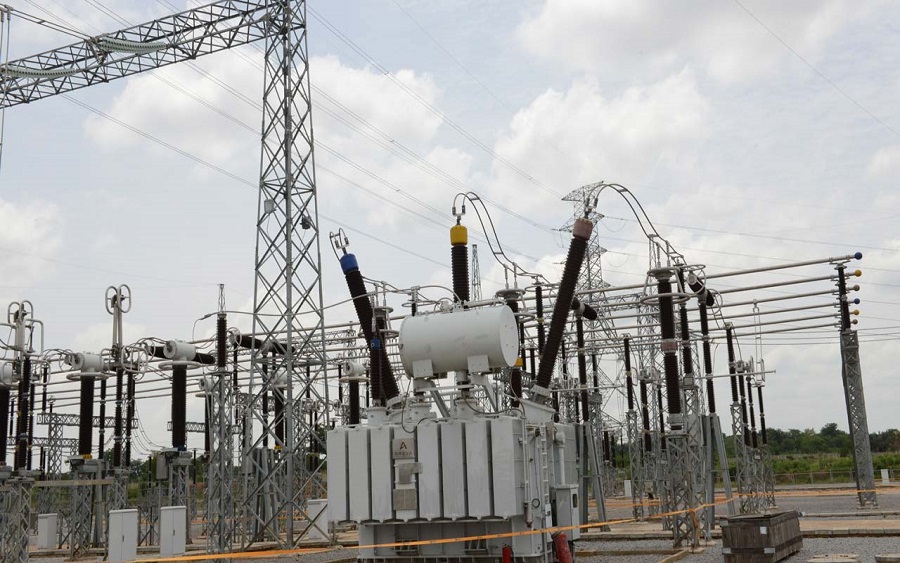






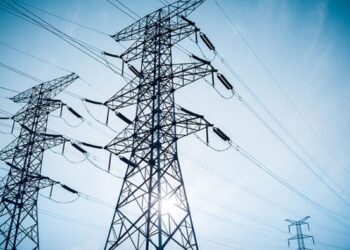
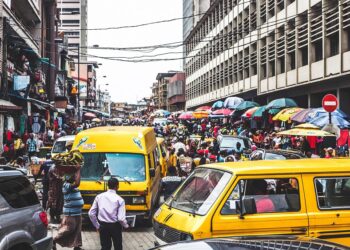
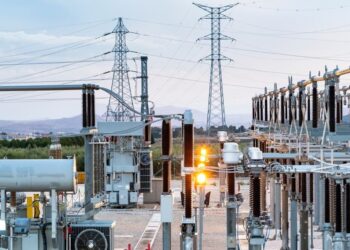
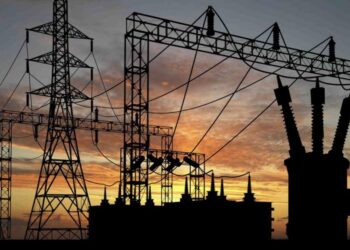
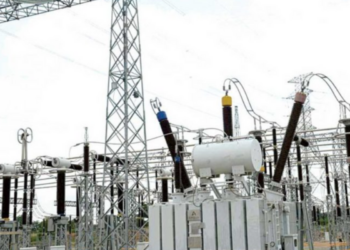
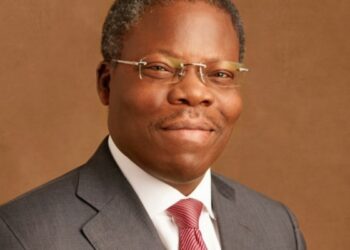










Nigeria is run so that the poor gets poorer. There will be resistance from the youth one day